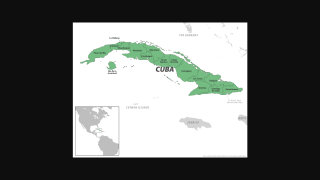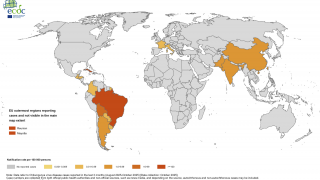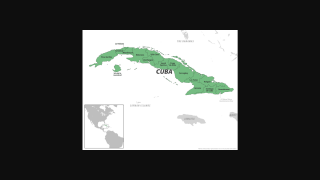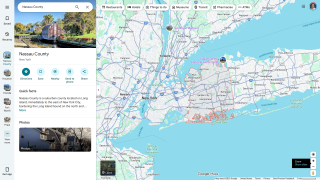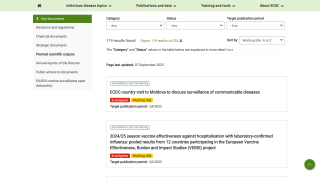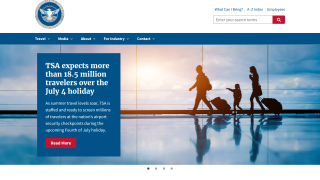Level 2 Travel Alert Issued for France's La Réunion Chikungunya Outbreak
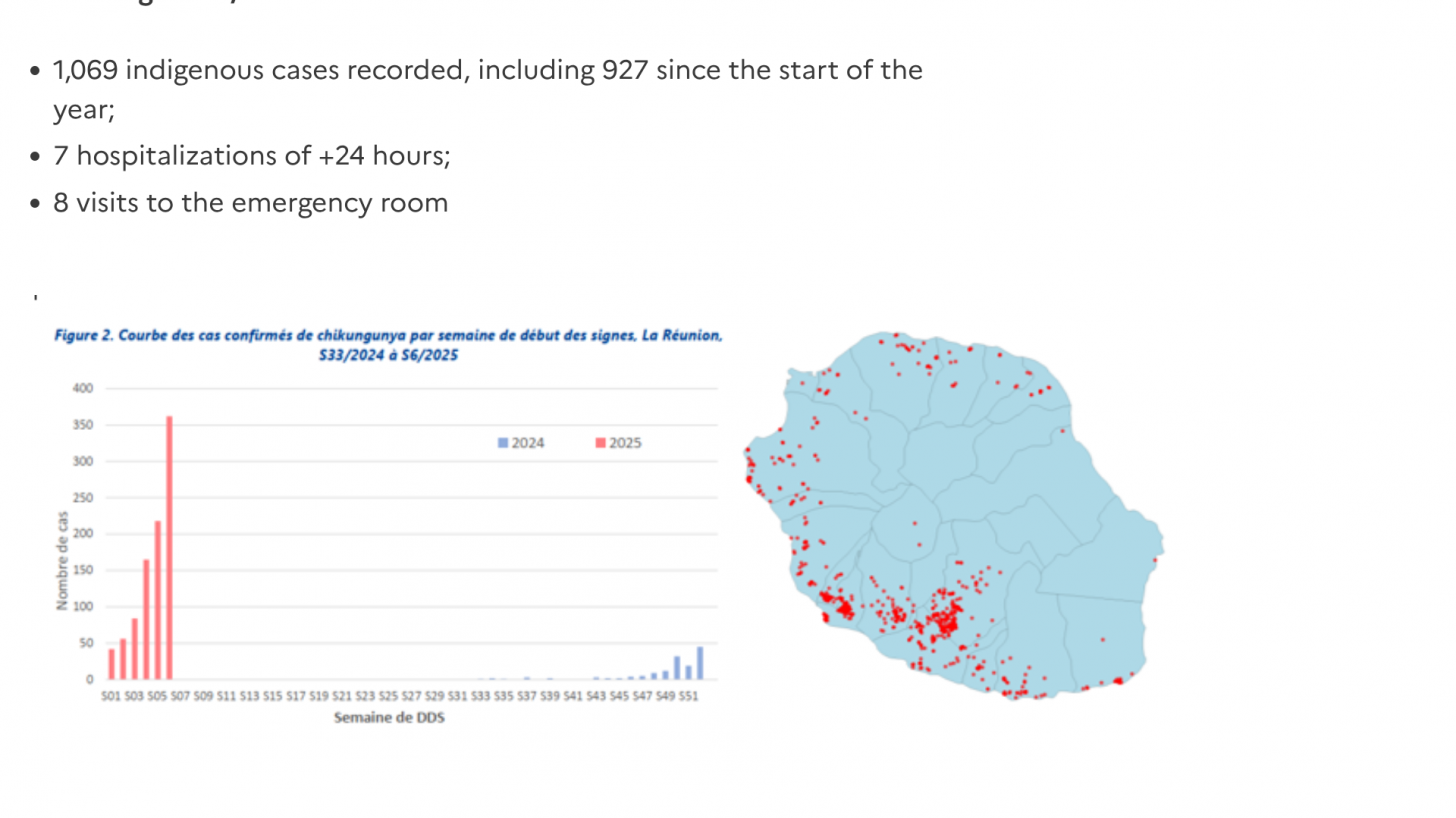
While health agencies have issued travel alerts regarding France's Department of La Réunion Chikungunya outbreak for years, cases have spiked substantially since early 2025.
As of February 18, 2025, and since August 23, 2024, ARS Reunion confirmed 1,069 indigenous (local) cases recorded, including 927 since January 1, 2025.
The municipalities of Étang-Salé and Le Tampon have the most Chikungunya virus (CHIKV) cases, with 228 and 169 cases, respectively.
However, the circulation of the virus is increasing sharply in Avirons, Petit-Île, Saint-Denis, Saint-Joseph, Saint-Louis, Saint-Paul and Saint-Philippe.
This data compares with 2024, when Reunion reported only 138 confirmed CHIKV cases, primarily in Étang-Salé: Sheunon ravine district (70 cases).
The last major chikungunya virus disease epidemic in La Réunion was 2005–2006.
Although CHIKV is generally transmitted by Ae. aegypti mosquitoes, La Réunion's outbreak is caused by Ae. albopictu. Due to the ECSA CHIKV genotype's adaptation to this vector, it acted as the primary vector, causing a dramatic increase in infectivity.
In 2024, 25 travel-related cases were reported on France's mainland. Also, for the first time, a locally acquired CHIKV case was reported in Ile de France (Paris).
In 2010, local transmission of the CHIKV was recorded in southeastern France for the first time.
To notify international travelers of this health risk, the U.S. CDC published a Level 2 - Practice Enhanced Precautions, Travel Health Advisory, on February 20, 2025, confirming an outbreak of chikungunya in La Réunion.
This CDC travel alert is essential since millions visit France's southern resorts and La Réunion island annually.
The CDC recommends that people 18 or older who travel to a destination with a current chikungunya outbreak be vaccinated against the disease. However, the U.S. FDA-approved vaccine IXCHIQ® should not be given to people with weakened immune systems.
While most people get better within a week after infection, some can have severe joint pain for months to years following acute illness. Some people with medical conditions such as high blood pressure, diabetes, or heart disease are at a higher level of risk.
The CDC says there is no specific treatment for chikungunya; however, the Advisory Committee on Immunization Practices endorses vaccination for most adults visiting outbreak areas.
"If you are visiting a region or country with a chikungunya outbreak like Réunion Island is currently experiencing, you should consider vaccination before arriving, and at the very least pack insect repellent to avoid mosquito bites," Jeri Beales, MSN, RN, informed Vax-Before-Travel News.
"The FDA recently approved a second chikungunya vaccine for most people 12 years and older. While there are some differences between the vaccines, both are given as a single dose in the muscle of the arm, and study data show very high levels of protection after immunization," added Beales, who leads Destination Health Clinic, a Boston-area travel health provider specializing in health education and vaccination for international travelers.
In 2025, Chikungunya vaccinations are offered at travel clinics and pharmacies.
Our Trust Standards: Medical Advisory Committee

